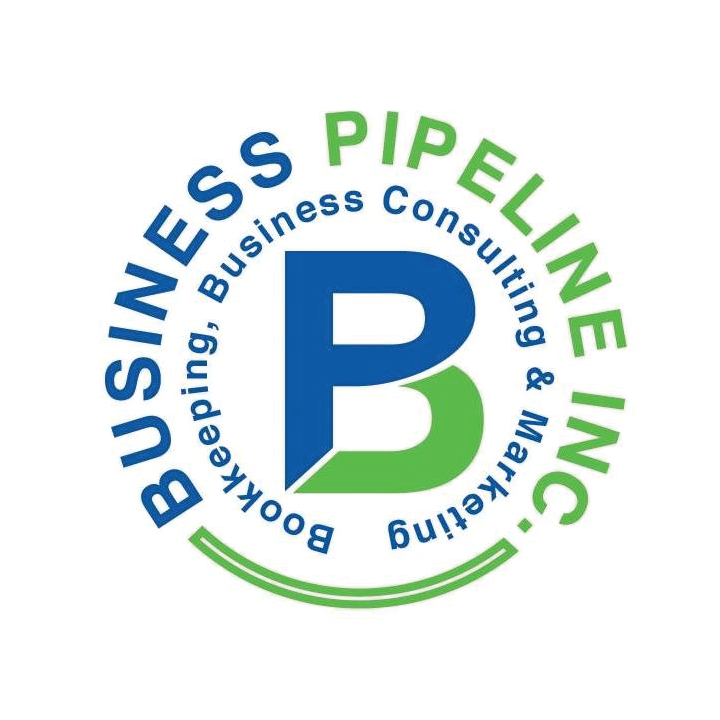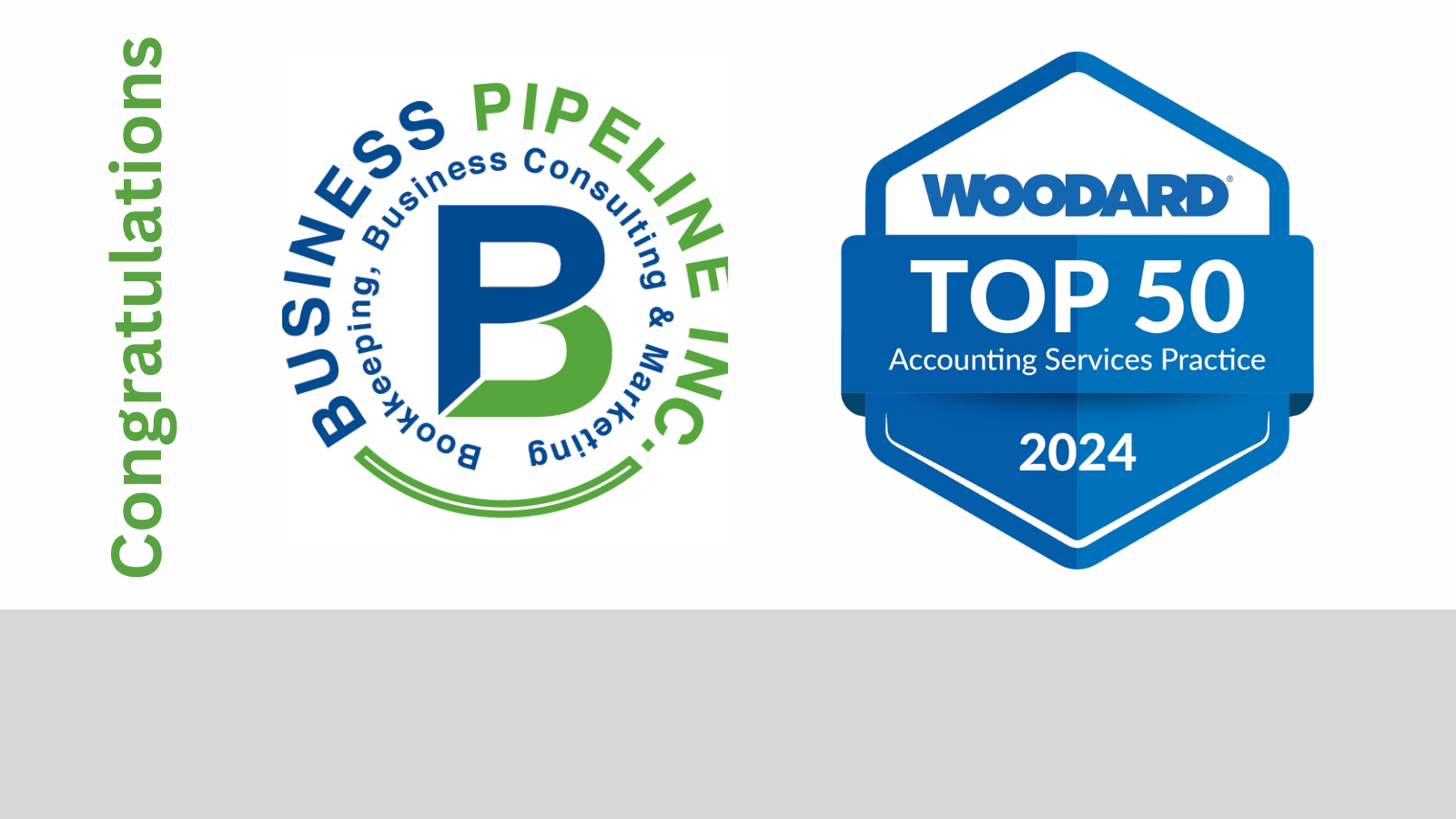In cities like New York, street vendors have become a vital part of the local economy—offering everything from handmade goods to gourmet snacks at outdoor markets and fairs. As the world shifts to digital transactions, many vendors have ditched traditional payment methods in favor of cashless payment platforms like Venmo, Cash App, and PayPal. But while these platforms appear to offer simplicity and convenience, they come with serious tax and legal implications that every vendor should understand.
The Cashless Trend Among Street Vendors
Visit any street fair or pop-up market today, and you’ll see a growing number of cashless payment QR code payment signs, especially Venmo. The logic is simple: avoid credit card processing fees, and appeal to customers who prefer fast mobile payments.
However, what many street vendors don’t realize is that these peer-to-peer platforms were not designed for commercial use cashless payments, and relying solely on them can expose your business to IRS audits, fines, and sales tax liabilities.
The Hidden Costs of Going Cashless with Venmo
1. Sales Tax Compliance is Mandatory
If you’re selling physical goods or taxable services in New York City or State, you are required by law to collect and remit sales tax. Many street vendors mistakenly assume that avoiding credit cards also means avoiding taxes. Not true.
Even if you’re accepting cashless payments through Venmo or Cash App, you must:
- Collect the appropriate sales tax percentage on each transaction
- Keep accurate records of all taxable sales
- Remit the collected taxes to the state
Failure to do so can result in heavy fines and penalties.
2. IRS Reporting Thresholds Have Changed
As of recent federal tax updates, platforms like Venmo, PayPal, and Cash App must issue a 1099-K form for business transactions totaling more than $600 per year. That means:
- Your income will be reported directly to the IRS
- You must report that income on your tax return
- You need to be prepared with accurate financial records and a profit & loss statement
If you’re not separating business and personal transactions, or setting aside funds for taxes, you could end up with a surprise tax bill—and no way to pay it.
Why Credit Card Payments Might Be the Smarter Option
While many vendors shy away from credit card readers due to processing fees (usually 1.9%–2.9%), the reality is these platforms:
- Offer more security for you and your customers
- Provide detailed transaction records
- Simplify sales tax reporting
- Are often integrated with accounting software to keep your books clean
There are mobile merchant service providers that allow you to take credit card payments outdoors, even without a storefront, using devices that connect to your phone or tablet.
What Street Vendors Can Do Right Now to Stay Compliant
1. Start Collecting Sales Tax Immediately
Calculate and set aside the correct percentage of each sale for state and local sales tax. Consider using a separate savings account—preferably one that earns interest—to hold that money until it’s time to remit it.
2. Use Proper Accounting Software
Tools like QuickBooks Online, Patriot Software, or other alternatives can help track:
- Sales
- Expenses
- Inventory
- Profit margins
This makes it easier to prepare financial statements and file accurate tax returns.
3. Create a Digital Business Presence
Even as a street vendor, having a business website and a V-card (digital business card) builds trust and credibility. Include:
- Business name
- Email address
- Website URL
- Optional phone number
- Social media links
- Discounts or coupon codes to encourage repeat purchases
A professional digital presence also makes it easier for customers to refer others to you.
Final Thoughts
If you’re a street vendor relying on cashless platforms like Venmo, understand that you are still a business owner in the eyes of the IRS and your local tax authority. Ignoring sales tax regulations or proper financial reporting can cost you far more than the small percentage charged by merchant services.
Choose security. Choose compliance. Choose longevity.
If you need help setting up merchant processing, tracking sales tax, or implementing accounting systems, I’m here to help you build a sustainable and audit-proof business. We’re here to make it easy for you to operate legally and sustainably, without sacrificing convenience.





